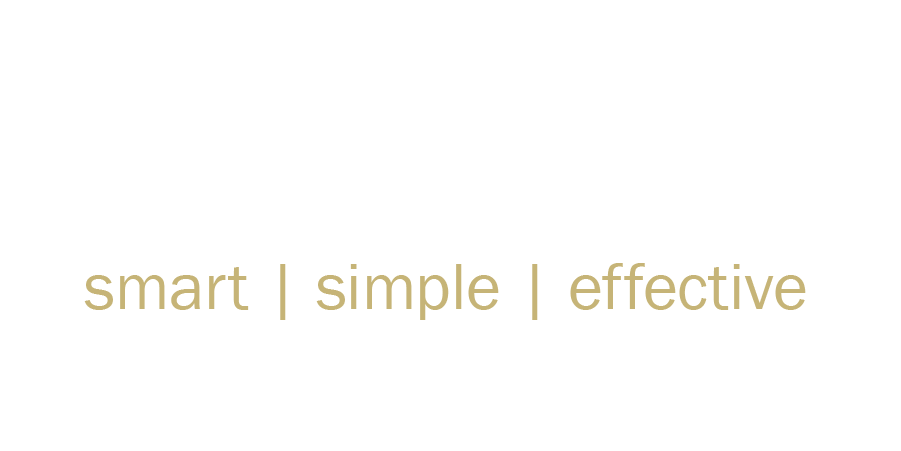The Triumph Classic Public Relations Series. Handle Reporters the Right Way.
Reporters will try your patience and sanity. Deal with them properly and gain outsized and lasting benefits.
This is not complicated. If you are skilled in leadership and handling people with diplomacy and strength, you can emerge well from a media encounter, and the story will reflect it. If you are not skilled at these things, do some soul-searching and change yourself. Quality people and institutions will get positive media coverage. Why? Because they are worthy of it. The opposite is true as well. Time and time again, I have seen the best possible coverage in good or even negative events from observing these simple principles.
1. Be straightforward with reporters. Reporters are people too and sense if you are touchy, evasive, or overly protective of an area of sensitivity or secrecy. This will only make them curious and press further there. Sometimes in public relations, it is necessary to tell a client that if they keep doing what they are doing, it will make them look bad because it is bad. There are ways to protect confidential and proprietary information. Do it right, and expect courteous and professional handling from the reporter. If you are covering up bad practices or wrongdoing, you will look like it and are asking for trouble.
2. Reporters are on deadlines, so be quick to respond. Since your very reputation is at stake, answering their questions must be your priority. Do not be too “busy” to respond to their inquiries. If you treat them like they are a nuisance, you deserve the public pain that is coming your way. You may not get many opportunities to make the news, so make the most of the opportunities you do get. If reporters find you easy to work with, it pays huge dividends.
3. Be careful about bragging or exaggerating your virtues. You should count on the reporter to thoroughly research your claims to independently verify them. Also, reporters tend to “comfort the afflicted and to afflict the comfortable” in their stories. It is a “Robin Hood” sort of ethic where they examine the rich or powerful and bring them down if warranted.
4. If you have a situation that could become public, pre-empt it. Doing so offers many advantages. Just as a fighter who throws the first punch can set the tone for the entire bout, you can start to define the story on your terms by simply speaking first. What sounds better? “Courageous whistleblower” or “disgruntled former employee”? Also, by giving a reporter an opportunity to break a story, you may have gained an ally.
A public relations professional should approach the job as though the media is a client, just as the paying client is. The PR person should do everything possible to facilitate smooth exchange between the reporter and the client, serving the needs of both. If you regard the media as an enemy, you are doing something wrong, in PR, in business, and likely in life too. The opposite is true. If you are adding value, doing it right, and have a story to tell, you need not fear the press. In fact, you should welcome and encourage their interest. A public relations effort is well worth the investment.




